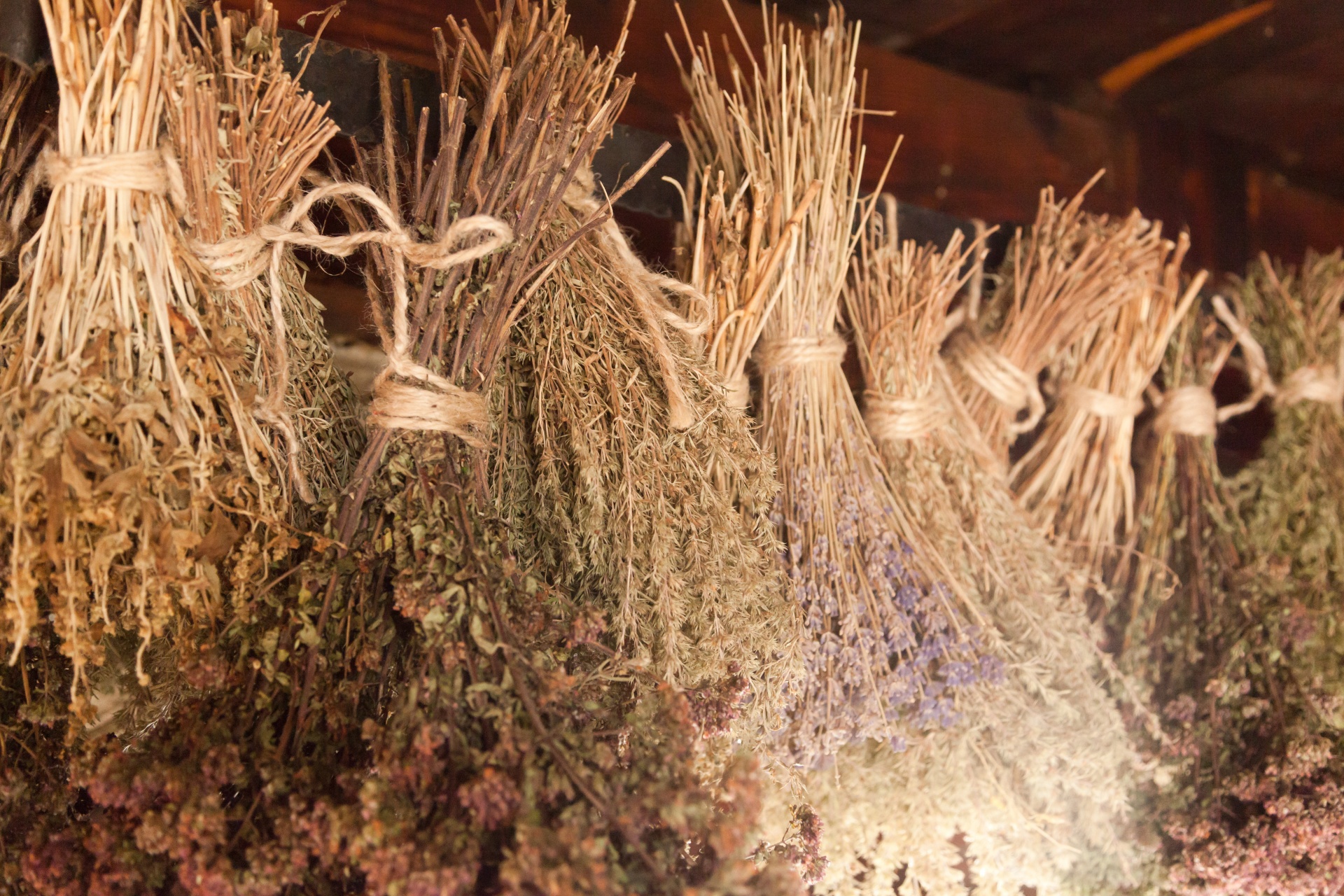For preppers, it’s definitely very important to consider keeping some less-than-natural first aid items in your stash or bug-out bag like common antibiotics or over-the-counter drugs that might be scarce or life-saving after disaster strikes. These types of medicine definitely have their place, but in everyday life and even in a survival situation, they’re better suited as a last-resort as oftentimes, natural cures can be more effective and certainly healthier.
Here are some common medicinal herbs that are great additions to your first aid kit, either dried, in tinctures, balms, supplements, essential oils or infused oils.
Calendula Extract
Commonly sold in the form of an ointment, calendula is a great go-to for cuts, scrapes, burns or minor wounds. It soothes and heals as well as offering moderate protection from bacteria or infection.
Ginger Root
You can pick up a bottle of ground ginger root in the spice section of most grocery stores, and it’s great for treating stomach sickness, as well as nausea, inflammation, headaches and moderate general pain.
Lemon Balm Leaf
Lemon balm is very easy to grow in your yard or even in a pot on your porch, and its an excellent remedy for soothing the symptoms of colds and flus. It also has a mild calming effect, so it can help with insomnia or restlessness.
Lavender
Lavender essential oil is a must. Lavender flowers were used to clean soldier’s wounds in the Civil War due to the plant’s amazing healing and cleansing properties. It is sanitizing and deodorizing, as well as anti-bacterial. It offers many medicinal properties, and can be used to soothe minor scrapes and burns, cold sores, insomnia and even anxiety.
Chamomile
Chamomile flowers, cheaply sold as loose leaf tea, are wonderful for treating rashes, scrapes and burns. They also will help with insomnia and anxiety, and can treat indigestion.
Herbs offer a great alternative to expensive over-the-counter medications, and learning about their healing properties is a great skill to have. After all, you can’t grow pharmaceutical medications in your garden, now or after disaster strikes, but you can always grow herbs, so consider planting some of these today!
If you liked that, you might also like:


